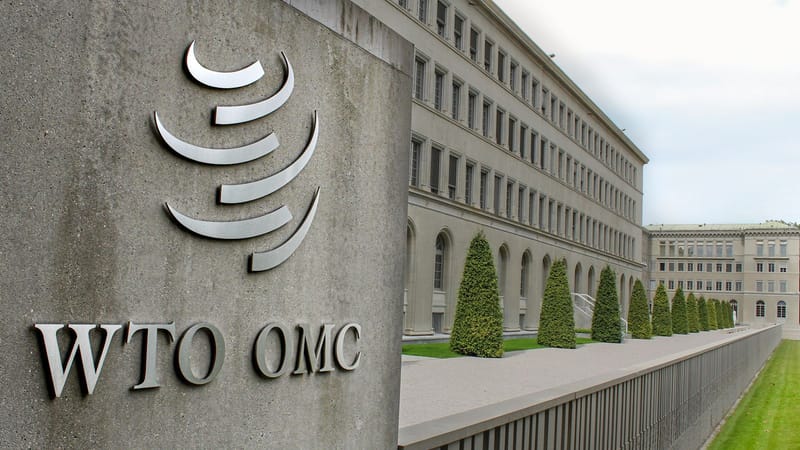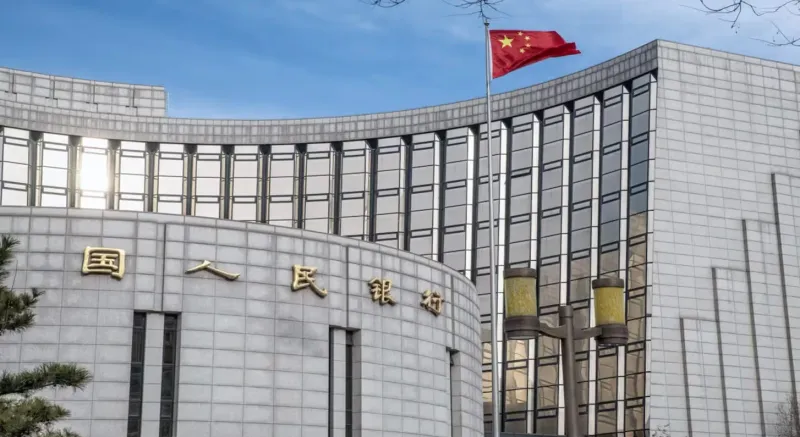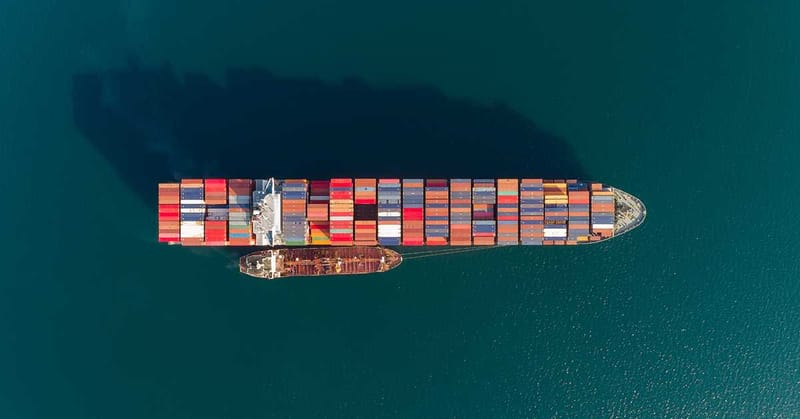Maldives Faces Mounting Debt Challenges Amid Investor Concerns
The Maldives confronts escalating debt challenges as investor fears grow, sukuk bonds tumble, and urgent fiscal reforms become critical
A Bloomberg report reveals that the Maldives is facing a rapidly escalating debt crisis as a selloff in its Islamic bonds, or sukuk, reaches fever pitch. The dollar-denominated sukuk, set to mature in 2026, have plummeted to a record low of 69.5 cents on the dollar this week, a steep drop from around 93 cents in June. This sharp decline makes the bonds the worst performers on the Bloomberg Emerging Market Sovereign Total Return Index, reflecting deepening investor anxiety over a possible default.
Recent developments have only intensified these fears. The Bank of Maldives' decision to impose new restrictions on foreign currency spending has heightened investor panic, while Fitch Ratings recently downgraded the Maldives' credit rating for the second time since June, pointing to an increased risk of default. The Maldives is now approaching a crucial payment date on October 8, with approximately $500 million in outstanding sukuk due by 2026.
Economic and Fiscal Crossroads
The World Bank’s latest report projects a reduced economic growth rate of 4.7% for the Maldives in 2024, reflecting heightened fiscal vulnerabilities and external pressures. The country's public debt has ballooned to $8 billion, or 122.9% of GDP, creating a precarious situation. Without urgent fiscal reforms, this debt burden is expected to grow further, threatening the country's financial stability.
Purvi Harlalka, a senior emerging-market sovereign debt strategist at M&G, noted, “The default risk for the Maldives' sukuk bonds has increased significantly due to substantial external payments coming due and insufficient foreign exchange (FX) reserves to cover them. Unless there is a last-minute infusion of foreign currency from a supportive overseas government such as China, the GCC, or India, the risk of missing the October coupon payment is very real.”
The Maldives' foreign reserves are dwindling alarmingly. As of June 24, gross reserves had fallen to $395 million from about $700 million a year earlier, with usable reserves at just $45 million, according to the Maldives Monetary Authority. The government is urgently negotiating a $400 million foreign-currency swap with India's central bank to shore up reserves temporarily.
Navigating Debt Distress
President Dr. Mohamed Muizzu has emphasized halting money printing as a key economic reform. Speaking at a rally, he revealed that the amount of money printed in the past five years exceeded the total printed in the previous four decades, totaling MVR 8 billion. Although the decision to stop printing was challenging, Muizzu argued that failing to do so would have worsened the Maldives' financial situation.
The country faces significant debt distress and refinancing challenges. It needs more than $500 million annually to meet its debt obligations in 2024 and 2025, with payments soaring to $1.07 billion by 2026—well beyond the country's gross foreign currency reserves. Fitch Ratings has flagged usable foreign reserves of just $45 million, barely enough to cover a month of imports, a troubling scenario for an island nation heavily dependent on foreign goods like medicine, oil, and food.
Urgent Need for Reforms
The International Monetary Fund (IMF) has outlined a comprehensive reform plan to reduce the fiscal burden of state-owned enterprises (SOEs), which have heavily strained public finances. In 2022, SOEs required MVR 5.2 billion in funding, more than double the budgeted MVR 2.4 billion. The IMF recommends reducing the role of SOEs, promoting private sector involvement, and implementing more targeted subsidies to protect vulnerable populations.
The World Bank echoes the call for swift fiscal adjustments, including spending cuts, reprioritization of public spending, and improved revenue mobilization. Finance Minister Dr. Mohamed Shafeeq has underscored the urgency of these reforms, acknowledging the difficulties in securing favorable financing terms due to the recent downgrade by Fitch Ratings, which has discouraged potential investors in Maldivian government bonds.
Tourism: A Fragile Lifeline
While the Maldives' tourism sector has seen an uptick in arrivals, it faces challenges, including lower spending per tourist and shorter stays, which have tempered its impact on GDP growth. Additionally, large external imbalances, driven by a high import bill for construction and capital goods, have further pressured foreign exchange reserves.
High Stakes Ahead
As the October payment deadline approaches, the Maldives finds itself on the edge of a financial crisis that could make it the first sovereign nation to default on a sukuk. Such an event could have far-reaching consequences for global Islamic finance markets and set a troubling precedent for other emerging economies.
The situation is critical: whether the Maldives can implement necessary reforms, secure emergency aid, and navigate its way out of this crisis will determine its future economic stability and its position within the global financial system. For now, the world watches closely as the island nation faces a moment of reckoning.







